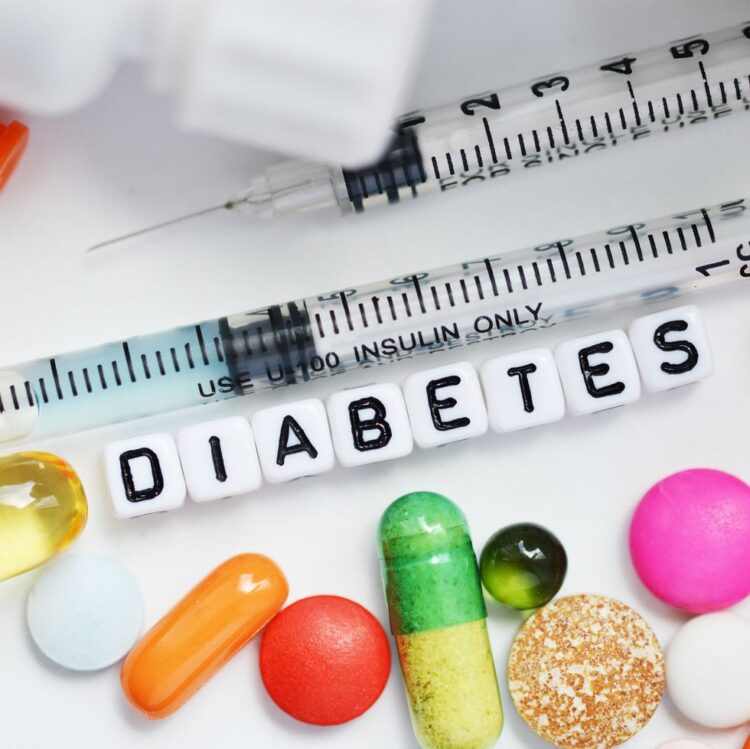Over one million people in India have diabetes, and many are still undiagnosed. High blood sugar levels not only damage metabolic function but also harm kidney health. Diabetes is one of the primary causes of renal disease worldwide because high blood sugar levels can compromise the kidneys’ ability to filter, waste, and excess fluids from the bloodstream. Understanding the relationship between diabetes and kidney disease, as well as prevention strategies, is critical for improving quality of life.
How does Diabetes Affect the Kidneys?
Diabetes damages the kidneys through a condition known as diabetic nephropathy, explains Dr. Udit Gupta, Consultant – Nephrologist, Indian Spinal Injuries Centre. High blood sugar levels strain the kidney’s small blood vessels or glomeruli. This injury prevents the kidneys from filtering waste, which can result in scarring, impaired function, and, in severe cases, renal failure. Diabetes can also affect a person’s blood pressure and develop issues such as high blood pressure, which can harm the kidneys.
Causes and Symptoms of Kidney Disease Due to Diabetes:
Kidney diseases that are caused by diabetes, commonly develop gradually. The primary cause of kidney disease is continuous high blood sugar levels, which damage the kidney’s filtering units. Furthermore, high blood pressure, obesity, and genetic predisposition all play an important influence.
Some early symptoms of kidney disease are manageable and sometimes go unreported until major damage occurs. Common signs and symptoms of renal disease are:
- Swelling in hands, feet, or face
- Increased blood pressure
- Frequent urination, especially at night Fatigue
- Difficulty in concentrating
- Loss of appetite or nausea
The factors that increase the likelihood of developing kidney disease due to diabetes are:
- Prolonged diabetes
- Poor control of blood sugar
- High blood pressure
- Smoking
- Family history of kidney disease
Ways to Manage Diabetes and Kidneys
- Monitor blood sugar: Keeping a check on blood sugar levels and recording them regularly helps maintain optimal glucose control.
- Manage blood pressure: Consulting doctors to keep blood pressure regulated. This can also be done by medication, such as ARBs (angiotensin receptor blockers)
- Maintain healthy weight: Engaging in regular physical activity and adopting a balanced diet to avoid weight gain is recommended. Reducing sodium and salt intake and incorporating a customised diabetes meal plan will also help.
- Quitting smoking: Smoking aggravates kidney damage and worsens diabetes complications.
- Treat urinary tract infections: Recognising and getting treatment for UTIs is important to prevent any further complications regarding kidneys.
Treatment options for kidney illnesses vary according to the severity of the condition. If identified early, it is treatable with lifestyle modifications and medication to reduce blood sugar, blood pressure, and cholesterol. However, if the condition is advanced, dialysis or a kidney transplant may be required.Maintaining a healthy lifestyle is essential for protecting the kidneys from diabetes-related renal disorders. Being aware of the signs and following preventative strategies will also assist to keep the kidneys healthy.
Source: In







 Finance
Finance







